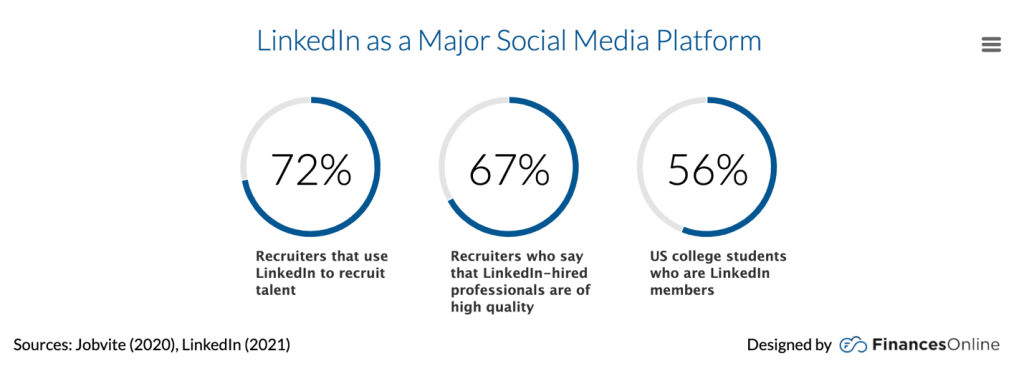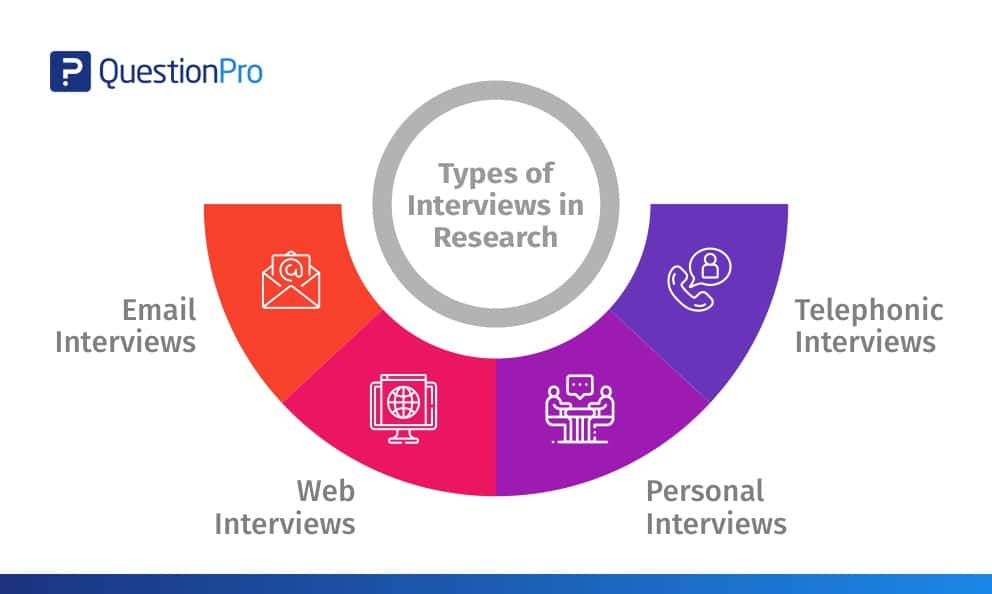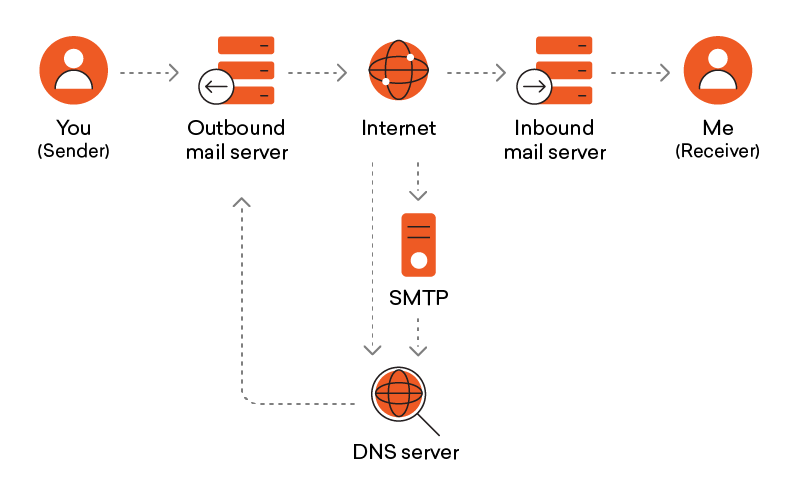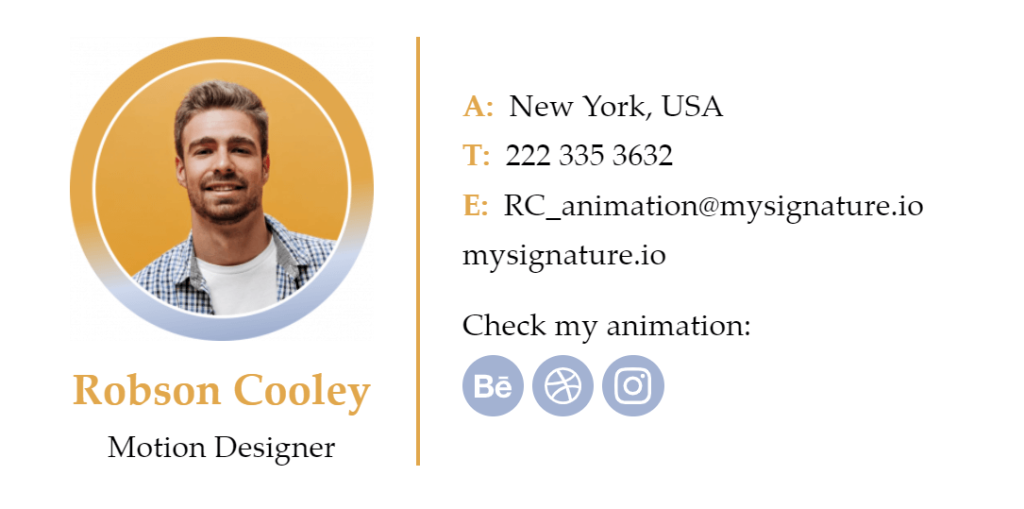When you’re in the middle of a job search, job offers are what you want. No doubt, you feel excited and happy each time a job offer hits your email inbox.
But part of the job search process involves applying to many different positions. What if you receive multiple offers at once? Typically, you can only accept one. How do you respond to the rest of them? What if you’ve been in negotiations with multiple companies that are vying for your attention?
Alternatively, you might receive unsolicited job offers when recruiters view your LinkedIn profile. If you don’t want to abandon your current position, what should you do?

Below, we will discuss how gratitude, clarity, brevity, and connection are essential to business communications, even when making a refusal. But first, let’s consider the benefits of using email to state your refusal.
Email - An Ideal Channel for Refusal Letters
A refusal letter is similar to a resignation notice letter, which gives your employer an advance warning that you will be leaving your position. The fact that these documents are often called “letters” may make you feel that a formal hard-copy document, sent through the mail, is called for.
What, though, is a letter? The Oxford Dictionary defines it as “a written, typed, or printed communication.” By that definition, an email notice can categorically be called a letter. In fact, email is an ideal communication method for job refusals. Why?
1. Most Job Applications Are Online
Today, most applicants don’t travel to a brick-and-mortar location to fill out a job application. Even if you have met and interviewed with recruiters at a job fair, subsequent communications will take place online. It makes sense, then, that further communications regarding the job offer would take place online—and email is the most widely accepted and professional online communication method.

source: questionpro.com
2. It’s Faster Than Postal Mail
If you have an old-school bent and a flair for professional courtesy, you may be tempted to send your refusal letter through the post, printed on high-quality business letterhead. While acceptable (and formerly the most desirable method for business communications), there are drawbacks to this method.
First, the postal mail can be slow. It may be days or weeks before your letter reaches your destination, and even longer before it is sorted in-office and delivered to the right person. Mail can also be lost en route. Either of these outcomes could leave your hiring manager hanging, waiting for your reply. It could slow down the entire hiring process for other candidates and affect the productivity of the company in question.

source: freshworks.com
Emails, on the other hand, are delivered almost instantly.
3. It’s Easily Searchable
Email has the added benefit of being easily searchable. With a few keystrokes, your hiring manager can find a complete record of your communications with them. If they find themselves forgetful, wondering what your answer was, they can revisit the electronic “paper trail” of your email conversations.
Other communications are not so easily revisited. As mentioned above, printed correspondence can be lost or misfiled. Face-to-face or phone conversations can be forgotten, with no written record to return to.
4. It’s Easily Formatted
Maybe you’re wondering if other types of electronic messages - text messages, DMs, comments, or chats, for example - could be used to convey your job refusal.
Before you hit “send,” think about whether your communication would be seen as professional. The above-listed communication methods are generally regarded as casual. They are often extremely brief.
Email, on the other hand, lends itself to the same formatting as a traditional letter. It can include all the polite sentiments that a letter would. Let’s take a deeper dive into four of these qualities.
Gratitude: A Cornerstone of Good Communication
From childhood, you were likely taught to express gratitude, saying thank you for gifts or kindnesses. The business world can be cutthroat, but gratitude can still go a long way to forging important connections.
After all, a job offer is a bit like a gift. A company is offering you something of potential value. Even if you decide not to accept it, it’s important to say “thank you.”
A well-structured, refusal email, therefore, begins with expressions of gratitude. You might say something like:

Dear [contact’s name],
Thank you for offering me the [job title] position at [company name]. Allow me to express my appreciation for the time and consideration you have invested throughout the interview process.”
Best regards,

Beginning on such a positive note underscores your professionalism and can help leave the door open for future interactions. We’ll discuss that in more detail in a later section.
The next step involves stating your refusal - and it’s important to be clear.
Make Your Decision Known With Clarity
The above template for opening your refusal email would be equally appropriate as the opening words to an acceptance letter. That is why it is important to clearly state your decision in the following sentences. You might say something like, “After careful consideration, I have decided to decline your offer at this time.”
This statement is concise and leaves no room for misinterpretation. It is also tactful and unlikely to offend.
What, though, if you feel your hiring manager deserves a bit more explanation?
Keep It Brief
It can be tempting to disclose too much information, especially if you’ve accepted a better offer. Don’t let feelings of “I told you so” get the better of you and cause you to say something unprofessional like “[Company name] has offered me more money, so I went with them.” Yikes! Cringy statements such as this will not open doors or build your network.
There are professional ways to explain if you feel so inclined. For example, you might say, “This decision follows my acceptance of another opportunity that aligns more closely with my long-term career goals.”
Sometimes, you experience changes in your personal life that necessitate a refusal. In that case, you might say, “Due to unforeseen circumstances, I am unable to accept the offer at this time, but I would be interested in revisiting opportunities at [company name] in the future.” This avoids going into detail about your personal circumstances while leaving the door open for future opportunities when your circumstances change.
At times, you may be able to use your refusal email to leverage future negotiations. For example, you might state, “While I appreciate your offer, it does not fully align with my salary expectations based on…” and briefly summarize your expectations from personal experience or industry standards. Then conclude with, “I would be open to discussing potential adjustments if you are so willing.”
You will notice that all of these interchanges are professional, polite, and even formal. Good manners will strengthen your networking connections, as we will discuss in the next section.
Maintain Connections
Your professional network is the lifeblood of your career. As already discussed, showing gratitude and politeness can help nurture and maintain the connections you’ve made during your job search.
You can also conclude your refusal letter in ways that strengthen your connections and leave the door open for future opportunities. You might include one or more of the following statements in your refusal letter:
- “I have enjoyed learning more about the team and the company’s mission.”
- “I was genuinely impressed by [mention something specific].”
- “I would be happy to stay connected and learn about future opportunities that might better align with my career path.”
- “I wish you and the team the best in finding the perfect candidate for the role.”
You may wish to express gratitude with a quick word of thanks before closing with “sincerely” or “best regards.”
Key Takeaways
Even though you are refusing a job offer, your refusal email should have a positive rather than negative tone. Start by expressing gratitude for the time and effort involved in the process. Clearly state your decision, but avoid criticizing or over-sharing your reasons. If you feel that some explanation is needed, keep it brief and positive.
Finally, keep the door open for future opportunities by stating your willingness to keep in touch, your positive thoughts about the company, your repeated thanks, and your best wishes for the team. In doing so, you can craft a polite job offer refusal email that strengthens your professional network.


